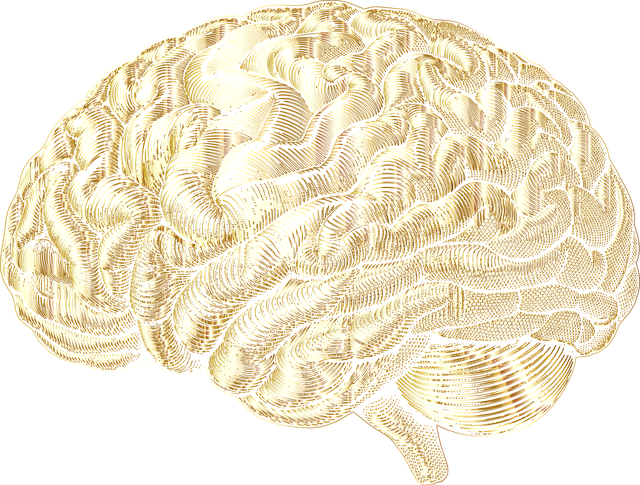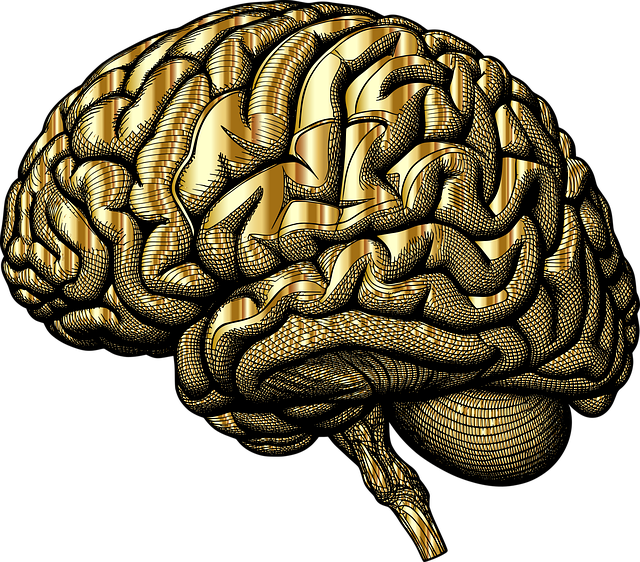Depression, a complex mental health issue characterized by persistent sadness and physical symptoms, can be managed and prevented through identifying personal triggers, adopting healthy lifestyle habits, and seeking professional support like Lone Tree Dissociative Disorder Therapy. Regular exercise, quality sleep, balanced nutrition, social connection, and compassion practices boost mood and resilience. Therapists use evidence-based methods to help patients navigate symptoms, regulate emotions, and develop healthier coping strategies, often augmented by group sessions and self-help resources.
Depression is a prevalent condition affecting millions, but with proactive strategies, prevention is achievable. This article explores essential tools to combat depression, focusing on understanding its triggers, adopting healthier lifestyles, and seeking professional help. From recognizing early signs to implementing lifestyle changes, you’ll discover ways to fortify your mental well-being. Additionally, we highlight the significance of Lone Tree Dissociative Disorder Therapy as a game-changer in managing complex mental health challenges.
- Understanding Depression and Its Triggers
- Lifestyle Changes for a Healthier Mindset
- Professional Support: Lone Tree Dissociative Disorder Therapy and Beyond
Understanding Depression and Its Triggers

Depression is a complex mental health condition that can significantly impact an individual’s daily life and overall well-being. It often manifests as persistent feelings of sadness, loss of interest in activities once enjoyed, and a range of physical symptoms. Understanding depression involves recognizing its various forms, such as Major Depressive Disorder or Persistent Depressive Disorder (also known as dysthymia), which can differ in severity and duration.
Identifying personal triggers is crucial in managing and preventing depression. These triggers can be diverse, ranging from stressful life events like losing a loved one, experiencing trauma, or facing chronic illnesses to internal factors such as negative thinking patterns, low self-esteem, and burnouts. For instance, individuals with Lone Tree Dissociative Disorder might find certain triggers particularly challenging, emphasizing the need for specialized therapy to address these complex issues. Effective communication strategies and fostering healthy relationships can help in managing these triggers. Additionally, focusing on self-esteem improvement and adopting practices to prevent burnout can be instrumental in depression prevention.
Lifestyle Changes for a Healthier Mindset

Adopting a healthier lifestyle can significantly contribute to preventing and managing depression. Regular physical activity, for instance, releases endorphins that boost mood and reduce stress. Incorporating activities like walking, yoga, or even gardening into your routine can help maintain mental well-being. Additionally, prioritizing quality sleep is essential; aiming for 7-9 hours nightly allows the body to rejuvenate and regulate hormones associated with mood.
Nutrition also plays a vital role in mental health. A balanced diet rich in omega-3 fatty acids, vitamins B and D, and antioxidants can support brain function and protect against depression. Avoiding excessive sugar and caffeine, known triggers for mood swings, is equally important. Moreover, connecting socially and cultivating compassion through practices like meditation or participating in a stress management workshop with organizations like Trauma Support Services can foster resilience and provide valuable tools to navigate life’s challenges, even those suffering from Lone Tree Dissociative Disorder Therapy.
Professional Support: Lone Tree Dissociative Disorder Therapy and Beyond

Professional support plays a pivotal role in depression prevention and management, especially for conditions like dissociative disorder. Lone Tree Dissociative Disorder Therapy offers specialized treatment tailored to address the unique challenges faced by individuals with this complex mental health issue. Through evidence-based practices, therapists help patients navigate their symptoms, improve emotional regulation, and develop healthier coping mechanisms.
In addition to individual therapy, group sessions, including social skills training, can be beneficial. The Mental Wellness Podcast Series Production has also gained popularity as a tool for promoting emotional well-being. These podcasts provide accessible information on various aspects of mental health, offering practical tips and strategies that contribute to overall depression prevention. By combining professional guidance with self-help resources like podcasts, individuals can create a comprehensive approach to maintaining and enhancing their emotional well-being.
Depression is a complex condition, but with the right strategies, prevention is achievable. By understanding the triggers and making positive lifestyle changes, individuals can fortify their mental resilience. Lone Tree Dissociative Disorder Therapy and similar professional support services play a pivotal role in managing and mitigating depression. Combining self-care practices with expert guidance offers a comprehensive approach to well-being, ensuring individuals armed with the tools to navigate life’s challenges with enhanced emotional agility.








